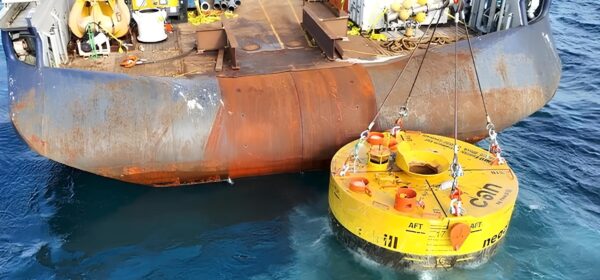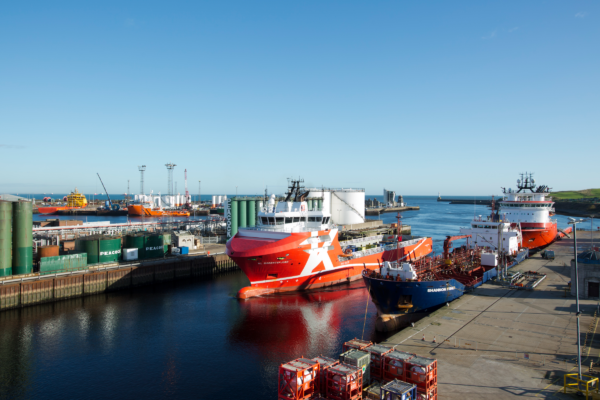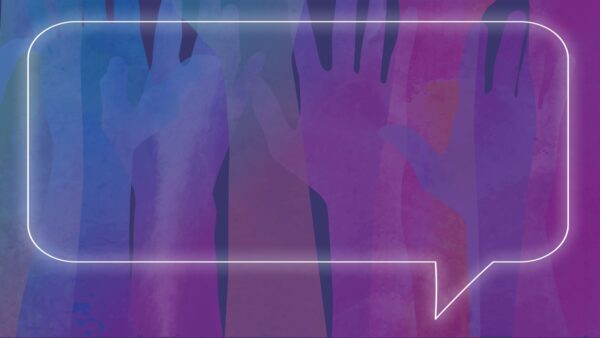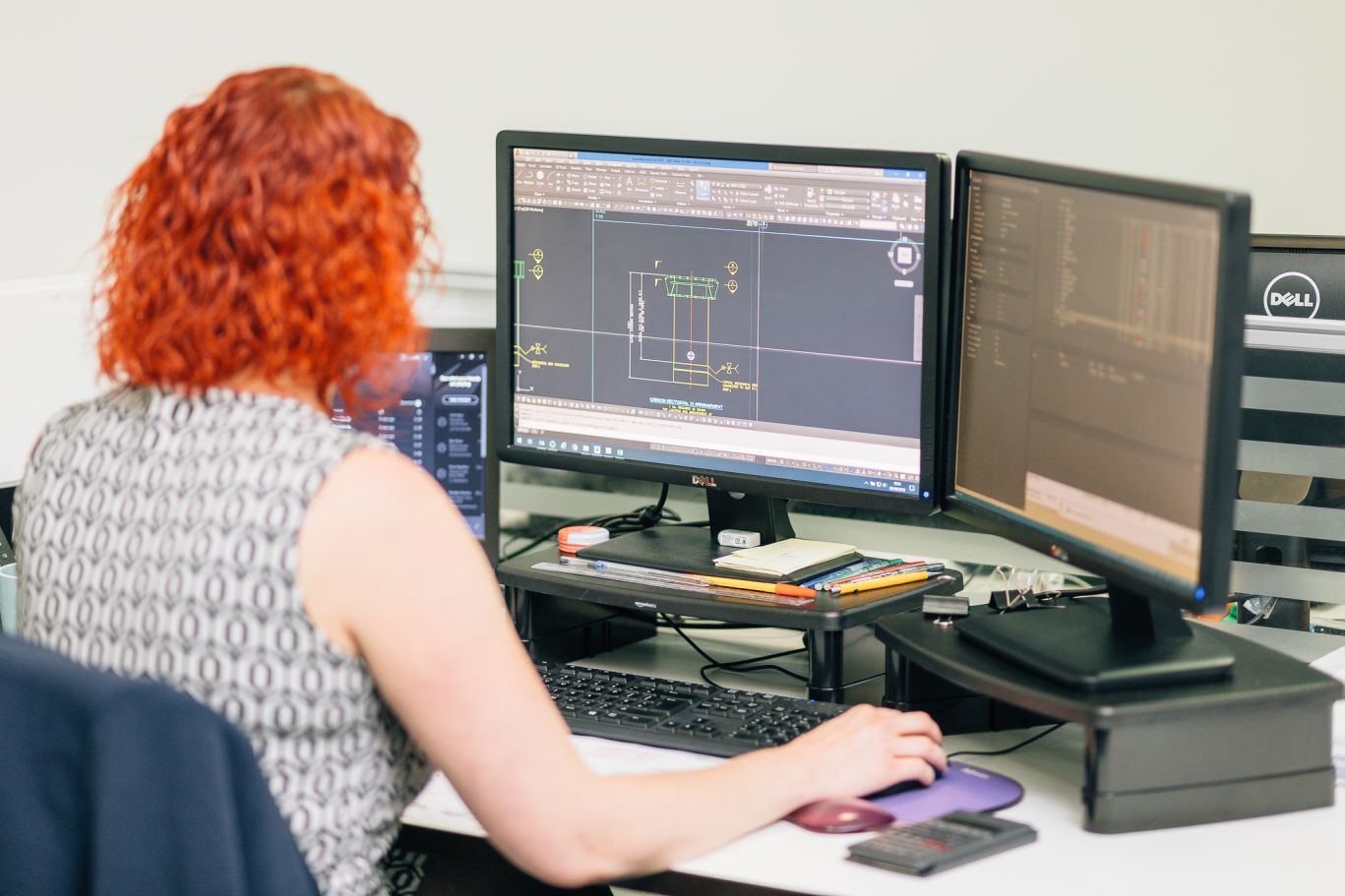
Optimus: a case study in diversity and inclusion
D&I has been part of the fabric at Optimus since the business was established in the late 1990s. Head of process engineering, Gillian Passman, offers her take on how a culture that embraces D&I benefits both individuals and their employers
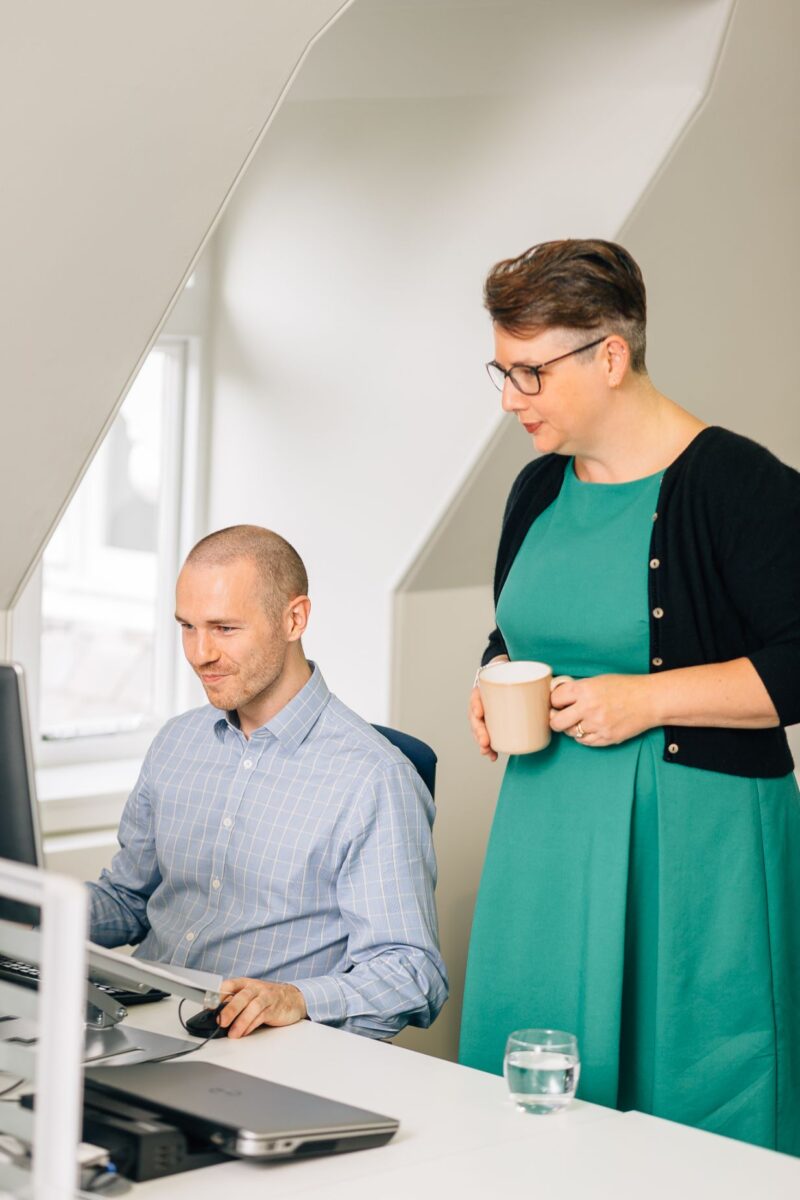

One of the first people appointed by founder Ian Bell was a female engineer who still tells the story of bringing her children into the office when she couldn’t access childcare. It wasn’t regarded by Optimus as an issue at all, and it reflected a principle that’s been part of the business since day one: ‘You’re good at your job – we’ll support you in other parts of your life so you can keep doing great work.’
Our flexible working policy, covering areas such as working hours and remote operations, is perhaps one of the prime reasons behind the high proportion of female engineers in the organisation.
The process department, for example, currently has a total of eight females in a team of 11, while there is also strong female representation in areas such as our structural and safety disciplines.
There is, of course, the traditional view that childcare – one of the prime factors why people seek flexible working conditions – is primarily the responsibility of women. Happily, it’s a belief that is becoming outdated.
That’s why our flexible working practices – while certainly still helping us attract talented female engineers – aren’t just for mums. They’re also for dads, and indeed for anyone who can use it to create the right work-life balance.
Before I joined Optimus, I was working very long hours as a contractor. Once I had a family, there was no way I could continue in that pattern; nor did I want to. With Optimus, the working culture has made my life better – not necessarily a great deal easier, because you’re still fulfilling two demanding roles, but certainly better. And I firmly believe the quality of work you get from people within such a culture is improved.
Two of the main factors we assess in potential recruits are the quality of their work and the contribution they can make to the team.
And the 2020 pandemic restrictions have served to illustrate that we have an opportunity to broaden our horizons in that respect. Everyone at Optimus has demonstrated that we can work remotely – and highly effectively – for our clients. It has reinforced our view that in future we could look to hire from elsewhere in the country, or even from abroad, without necessarily asking people to relocate here. It not only underlines our inclusivity credentials, but widens the talent pool we can explore.
Our D&I activities extend to a work experience placement scheme where we engage with pupils to showcase the practical applications of engineering and task them to complete projects. The groups of youngsters invariably feature a high percentage of girls, so it’s a great opportunity to illustrate to them the range of career options available.
It’s just part of a wider D&I culture at Optimus that’s based not on a formal plan or policy, but on a culture that has evolved over the years. It’s one in which everyone is treated as an adult and a trusted contributor – a colleague whose work is recognised and valued.
‘My mum always told me that we could be whatever we want to be if we put the effort in. That we should never be intimidated by being a female in our chosen career path. I learned early in my career that if you want something done, you need to be smart, trust in yourself and, more important, always be respectful of everyone regardless of their role. Don’t be intimidated. Believe in your choices – all the experiences will help you grow and persevere.’
Emily Negron, process engineering, Optimus
‘I’m happy to say that the industry has vastly changed since the early days of my career when I developed skills to mitigate the behaviour of some male colleagues, especially on social occasions. I subsequently worked at an operator for 15 years and received nothing but respect and opportunity, and never felt any pressure to be anything other than myself. To new graduates coming through I would say: celebrate your strengths and qualities… and your femininity, or lack of it. Ask the pertinent questions and don’t be afraid to question the impertinent ones.’
Gillian Craig, CAD designer, Optimus

